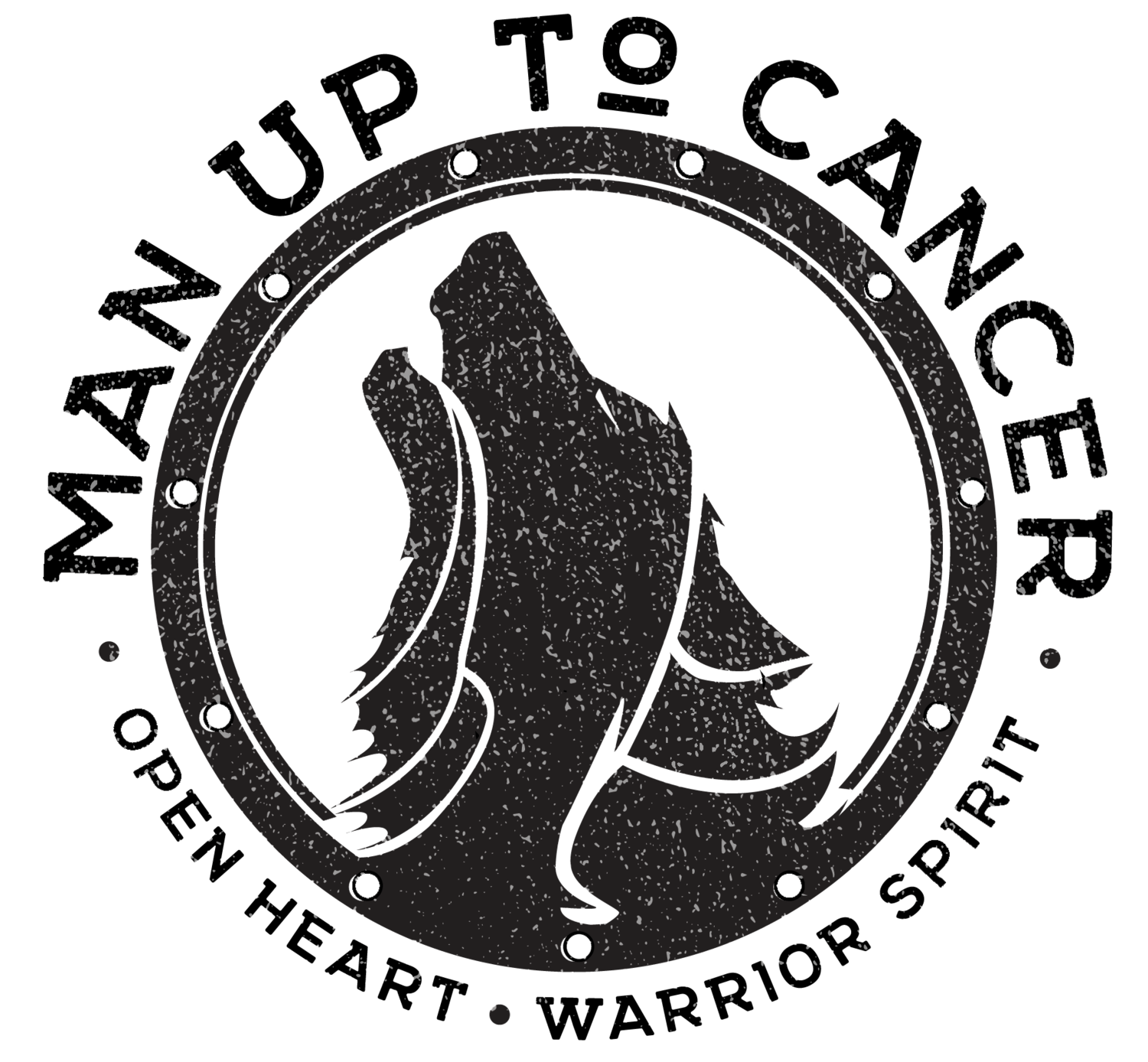Thank you, Dr. Tom Marsilje
By TREVOR MAXWELL
I never met Dr. Tom Marsilje.
But thanks to him, I’ve got a better shot at beating cancer.
Tom was a cancer medicine researcher from San Diego. At age 40, on the day he presented findings about a promising drug he helped develop, Tom was himself diagnosed with colon cancer.
For the next five years, with relentless energy and optimism, Tom pursued a cure for his disease while also devoting countless hours to helping others. The once introverted scientist became a prolific writer and a champion for patients around the world.
Sadly, Tom passed away two years ago, at age 45.
I first learned about Tom six months later, when I was diagnosed with stage IV colon cancer. Like Tom, I was relatively young at age 41, with a wife and two young children.
In those early months after my diagnosis, I was desperate to find reliable information. Tom’s writings were a treasure trove. On his blog and through his posts to colon cancer support websites, I learned more from Tom than I did any other patient or doctor. His posts introduced me to immunotherapy breakthroughs and exciting clinical trials. Little did I know at the time how important that information would be for my own journey.
More than anything, Tom’s writing was kind. It was generous and full of his heart and wry humor. He was honest about our disease, never denying its cruelty and lethality. He was also honest about his hope, and his determination to live with joy, diagnosis be damned.
Tom’s posts also led me to Colontown, an online support group and information hub for nearly 5,000 colorectal cancer patients and caregivers.
Members of Colontown can connect with people in dozens of “neighborhoods,” tailored to their own interests and specific cancer traits. When Erika Hanson Brown founded Colontown in 2011, she understood that local oncologists can’t be expected to keep track of hundreds of clinical trials that might be relevant to a single patient. Instead, patient leaders could tackle that job, and communicate directly with other patients online. Erika invited Tom to help lead a Colontown neighborhood for this purpose, and he thrived in the role.
From that one original neighborhood focused on clinical trials, there are now more than ten, overseen by patient-administrators who have backgrounds in science. There are conversations happening in those spaces that, in my opinion, are saving lives.
This weekend, in Tom’s hometown of San Diego, I’ll have the pleasure of meeting several Colontown leaders in person. I’m attending the group’s Empowering Patient Leaders workshop. The idea is for newer members to learn best practices for helping other patients via the Colontown neighborhoods. I’ll also bring lessons learned home to Maine, where I can apply them in my relationships with local organizations.
For colorectal cancer, the need for patient leadership could not be more clear.
With about 150,000 new cases each year, colorectal cancer is the second most common cause of cancer death in the U.S. Education and screening have slightly improved the mortality rate for older Americans, but we’re seeing a disturbing rise in CRC among younger adults.
A person born in 1990 has double the risk of colon cancer, and four times the risk of rectal cancer, than a person born in 1950. Many of these young people are otherwise healthy and have no major risk factors, such as poor diet or lack of exercise, leaving scientists at a loss to explain the uptick.
For me, after multiple surgeries and chemo failed to keep me cancer-free, I recently started a regimen of immunotherapy drugs I first learned about from Tom. The drugs were still in clinical trials when he wrote about them, and were just approved last summer for metastatic colon cancer.
New members join Colontown every day. Some have early stage disease. Some have just been told they are stage IV with metastases to their liver, lungs, brain, or bones. They talk about their lives and post photos of their spouses and kids. They feel just like I did: shocked, scared, and pressured to make life-or-death decisions.
I don’t know how much time I’ll have on this earth. None of us do. But I know this: I want to be one of the CRC warriors who reassure the newcomers.
We’ve got your backs. You’ll never have to face this alone.
From everything I’ve learned about Tom, he wouldn’t have it any other way.

